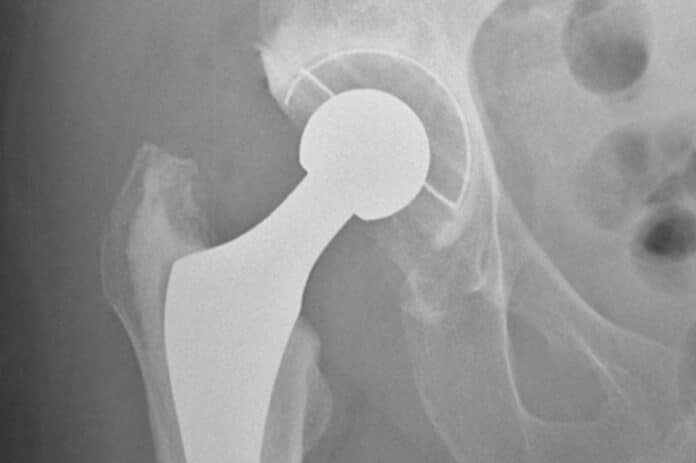A recent study has revealed that NHS policies regarding patients’ weight and access to hip replacement surgery are deemed inappropriate. The findings challenge the existing guidelines and shed light on potential shortcomings in patient care within the National Health Service. The study highlights the need to reevaluate these policies to ensure fair and equitable treatment for all patients requiring hip replacement surgery, regardless of weight.
Over the past decade, the National Health Service (NHS) in England has implemented rules through clinical commissioning groups (CCGs) regarding access to hip and knee replacement surgery for overweight or obese patients. However, a study by researchers from the University of Bristol revealed regional disparities in these policies.
While some areas have no such restrictions, others deny access to hip replacement surgery until patients meet a specific body mass index (BMI) threshold or have endured an extended waiting period.
Funded by the National Institute for Health and Care Research (NIHR), the study aimed to assess the impact of BMI policies on access to hip replacement surgery in England and determine if these policies contribute to health inequalities.
To conduct their analysis, the researchers examined the hip replacement surgery rates of 480,364 patients between January 2009 and December 2019, utilizing National Joint Registry (NJR) data. By comparing regions with and without BMI policies, the study sought to shed light on the consequences of these regulations.
A recent study by researchers from the University of Bristol revealed that policies that restrict access to hip replacement surgery based on a patient’s weight or body mass index (BMI) are associated with decreased surgery rates, particularly in deprived areas. On the other hand, regions without such policies experienced an increase in surgery rates. Some of these policies also imposed longer waiting times for patients with a high BMI before surgery.
The study found that introducing these policies led to worsened symptom scores and increased obesity among patients, suggesting that the policies may have unintended adverse effects. The researchers emphasized that the National Institute for Health and Care Research (NIHR) guidelines clearly state that BMI should not be used to exclude people from surgery referrals.
The research team urged policy decision-makers to reconsider these restrictive policies. It highlighted the formation of Integrated Care Systems as an opportunity for positive changes. There are promising signs that some regions are already changing policies in response to these findings.



